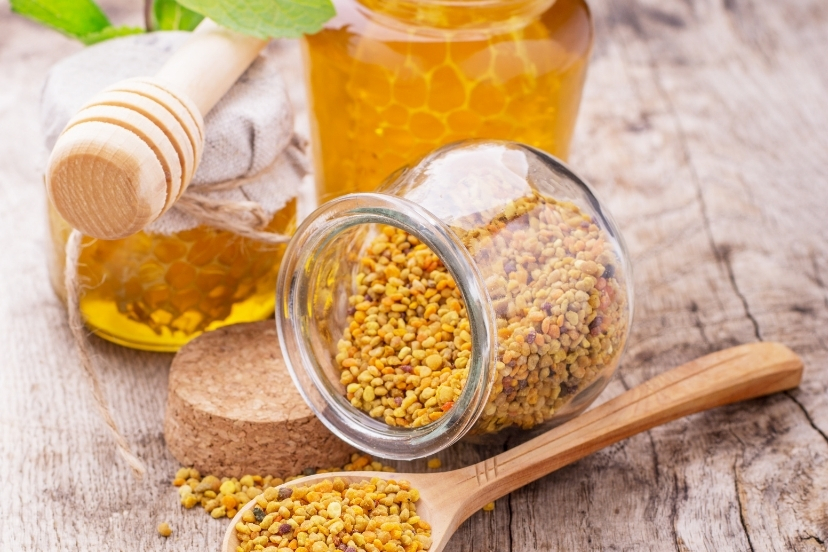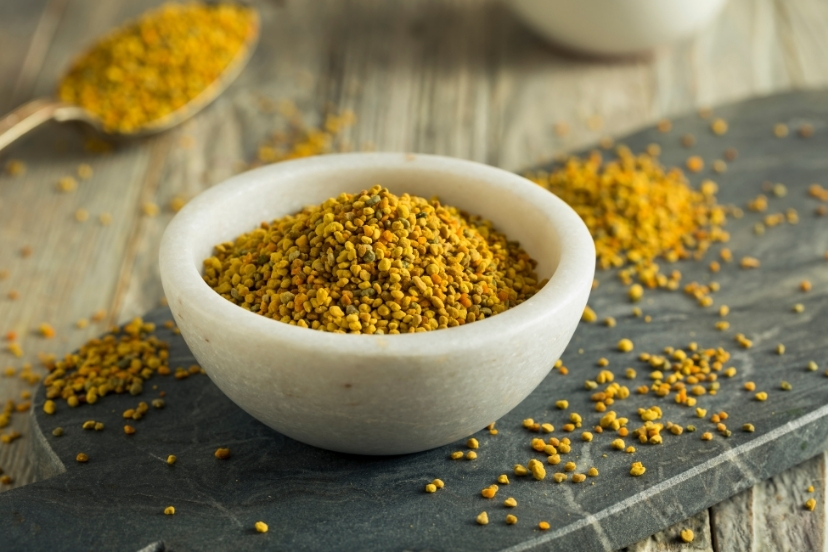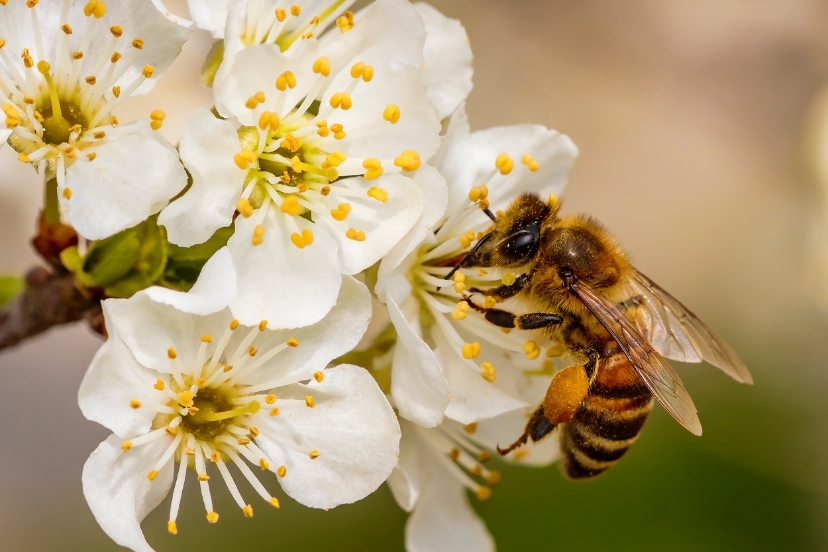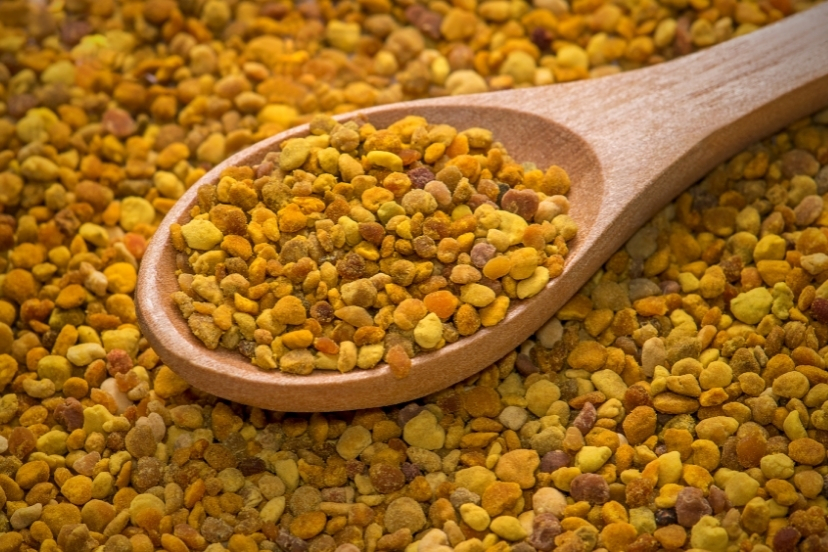Using bee pollen for allergies is one of the natural allergy remedies that have become more popular in recent years. Could bee pollen help you to alleviate your allergy symptoms?
The truth is that there’s little scientific evidence to support the use of bee pollen as a natural allergy remedy. But it’s also true that there have not been many controlled studies performed to help shed more light on the subject.
There’s a great deal of anecdotal evidence supporting the use of bee pollen for allergies. Many people firmly believe that bee pollen has at least helped to diminish their allergy symptoms.
Some people even give bee pollen credit for completely eliminating their allergy problems.
But the problem with anecdotal evidence, of course, is that it cannot be substantiated.
John Doe may believe wholeheartedly that bee pollen cured his allergy symptoms. But there’s no proof. There’s no evidence that shows that what worked for John Doe will work for you.
How Could Bee Pollen Help With Allergies?
Since allergies – or at least the type of allergies we’re focusing on here – are caused by pollen, it may seem illogical to think that taking bee pollen for allergies could be helpful.
But the idea is that by consuming small quantities of the type of pollen that causes your allergic reaction, your body develops a tolerance to the pollen and stops responding to it with allergy symptoms. Kind of like getting a vaccine.
And in fact, there is an allergy treatment that works much like taking bee pollen might work. It’s called ‘Sublingual Immunotherapy’ (SLIT), and it involves the patient taking an allergen extract orally.
SLIT has been a popular alternative to allergy shots in Europe for many years. And studies have shown that SLIT can be at least somewhat effective as an allergy treatment.
So there is some evidence that consuming an allergen orally can help to reduce allergy symptoms.
But there have been no studies (that I’ve been able to find, anyway) that have shown bee pollen to be either effective or ineffective in the same way as SLIT.
Should YOU Try Bee Pollen For Allergies?
Ultimately, of course, that’s a question that only you can answer. And if you’re seriously considering trying bee pollen for allergies, it would be wise to solicit your doctor’s opinion.
But it is true that bee pollen is a highly nutritious food. So for most people, taking bee pollen will do no harm, and you might end up in the group of people who feel that they’ve been immensely benefited by taking bee pollen.
Be careful, though: Bee pollen can pose a very real risk for a very small percentage of people. Be sure that you’re aware of the potential side effects of taking bee pollen before you start on a program of bee pollen supplementation.
Be aware, too, that the more local the bee pollen is, the greater the chance that it will have some impact upon your allergies.
Bee pollen that was harvested from hives a great distance from you are less likely to contain some grains of pollen from the type of plant that’s causing your allergy symptoms.
The pollen is not likely to help with your allergies if it contains no pollen from the plants that cause your symptoms. (That’s why many people believe that eating local raw honey also helps with their allergies.)
Of course, you’ll still derive the nutritional benefits from bee pollen no matter where it’s from.




